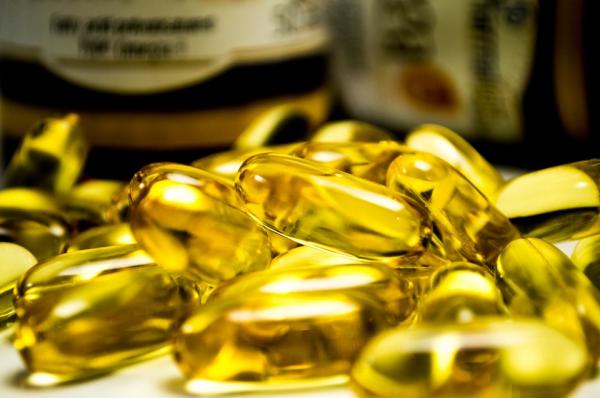
Omega 3 Cholesterol, Krill Oil Excellent for maintaining vision and liver function
2019-12-06 06:31:36

The benefits of omega 3 are directly acted on the brain by DHA, which improves memory and learning, and helps brain development in growing children.
Older people can help prevent dementia and continue to consume it.
It is excellent at maintaining vision and is effective in improving liver function.
EPA strongly lowers cholesterol levels and inhibits platelet aggregation, preventing blood clotting.
Melatonin is also effective for insomnia.
Side effects of omega 3 may cause heavy metal accumulation, so be careful about product selection. If you have liver disease or hepatitis, you may have side effects such as bleeding, so consult your doctor before ingestion.
High side doses of omega-3 fatty acids can cause significant side effects, so don't exceed the recommended daily dose of 1,800 mg.
It is known to lower the level of bad cholesterol.
HDL (Ultra Low Density Lipoprotein Cholesterol) contains body-friendly cholesterol, which is widely known as an omega-3 ingestion.
Omega 3 can also be extracted from krill oil.
Since krill oil is located at the bottom of the food chain, it is less polluted by heavy metals and absorbs better than existing omega-3s.
Krill oil is about 200mg based on 1000mg of product, and the difference in Omega 3 content is significantly different from raw fish.
One side argues that there is no need to eat krill oil at an expensive price.
There are many consumers who carefully examine whether Omega 3 is from a company that supplies quality raw materials or is it safe from contamination.
Among the products they recommend are the famous Nordic Naturals' Omega 3 products.
To be safe in heavy metals, the smaller the meat, the better.
More and more people are selling omega-3s overseas in favor of Australian, Canadian and New Zealand products.
Australian Omega 3 uses small fish species such as anchovies and sardines at the bottom of the food chain, preventing the accumulation of heavy metals toward the top of the food chain.
It refers to various kinds of unsaturated fatty acids such as DHA and EPA.
Although it is essential for the body, it is not produced by the body and must be consumed through food.
Blood clotting prevents blood circulation and improves circulation.
Unsaturated fatty acids are vegetable oils added to fish, seeds, and nuts. Unlike saturated fatty acids (animal oils such as beef, pork, and chicken), they have a low melting point and are liquid at room temperature, so they are easily absorbed by the human body.
Vitamin D has been shown to lower cancer incidence and is well soluble in omega 3 and absorbed in a stable form.
Healthy adults can synthesize enough by being exposed to midday sun for more than 15 minutes for vitamin D.
Omega 3 and vitamin D at the same time because the ingredients and functions are different, so there are no significant side effects, and eating after a meal is good for digestive absorption.
It is necessary for pregnant women and for the fetus.
Omega 3's DHA is an important constituent of the brain, nervous and retinal tissues, a nutrient closely related to brain development.
Although essential nutrients to be consumed, EPA is associated with the onset of premature birth, so be careful of EPA content.
If you buy omega 3 at a pharmacy, you should buy fasteners, but because of the rancidity that easily corrupts, it is good to obtain individually packaged products in Korea.
Omega 3 should be packaged out of contact with air.
Careful consideration should be given to the contents of EPA and DHA.
Fishes in the lower food chains are more free of heavy metals and radiation than large fish.

![[SBS My Little Old Boy] ‘My Little Old Boy’s Mother’s Trip to Taiwan’!](https://kroamer.com/upload/trending/thumb-LrD1731028166869_600x1013.jpg)





![[Oh Eun-young Report - Marriage Hell] A husband who refers to himself as the king of the Joseon Dynasty, and a wife who lived obediently like a court lady next to such a husband for 25 years?](https://kroamer.com/upload/trending/thumb-20241107161845_0_600x895.jpg)
